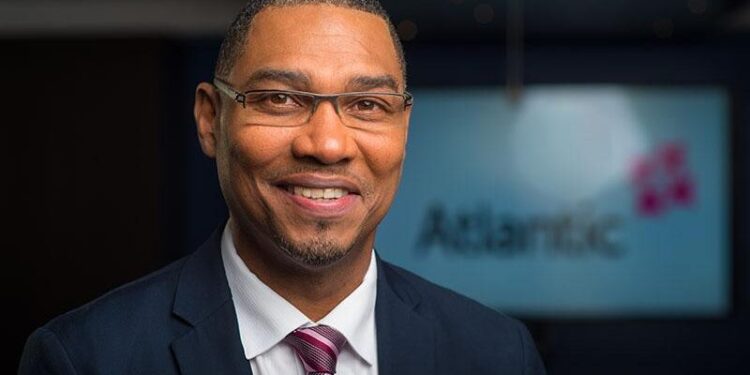Shell has named a new Managing Director for its deep-water subsidiary in Nigeria, Shell Nigeria Exploration and Production Company Limited (SNEPCo.)
He is Ronald Adams, formerly Chief Executive Officer of Atlantic LNG, Trinidad and Tobago. He takes over from Elohor Aiboni who proceeds on international assignment to Brunei Shell Petroleum (BSP) as Asset Director. Both appointments take effect today (October 1.)
Country Chair, Shell Companies in Nigeria, Osagie Okunbor said: “I’m pleased to welcome Ronald to Nigeria to consolidate and further improve the outstanding performances of SNEPCo in deep-water production and life-changing social investments across Nigeria. I wish to congratulate Elohor for the outstanding deliveries since she took over in August 2021. The assignment in Brunei is another opportunity for excellent contributions to the Shell Group.”
Ronald is a thirty-two-year veteran of the energy industry having successfully guided both Shell operated and non-operated ventures through commercial and technical challenges. He holds a BSc in Chemical Engineering from the University of the West Indies and an MBA with a specialisation in Strategic Planning from Herriot-Watt University, Edinburgh, Scotland. Outside of work, Ron loves to spend time with his family and frequents the gym.
He said: “I’m excited at the opportunity to be part of the success story of SNEPCo and look forward to joining the team of talented staff to deliver even more value to stakeholders.”
Elohor’s tenure as SNEPCo Managing Director has witnessed many milestones, numerous to mention.
She said: “It has been a great honour to work alongside colleagues and external stakeholders in our modest efforts to build a safe, simpler and cost-disciplined business that continues to lead the way in deep-water operations in Nigeria. I’m particularly grateful for the invaluable support and encouragement of our concessionaire and co-venture partners which made the task easier.”
SNEPCo pioneered Nigeria’s deep-water development in 2005 when it began production at Bonga through the 225,000-barrel-per-day-capacity Bonga Floating, Production, Storage and Offloading vessel, anchored 120 kilometres offshore in the Gulf of Guinea.











